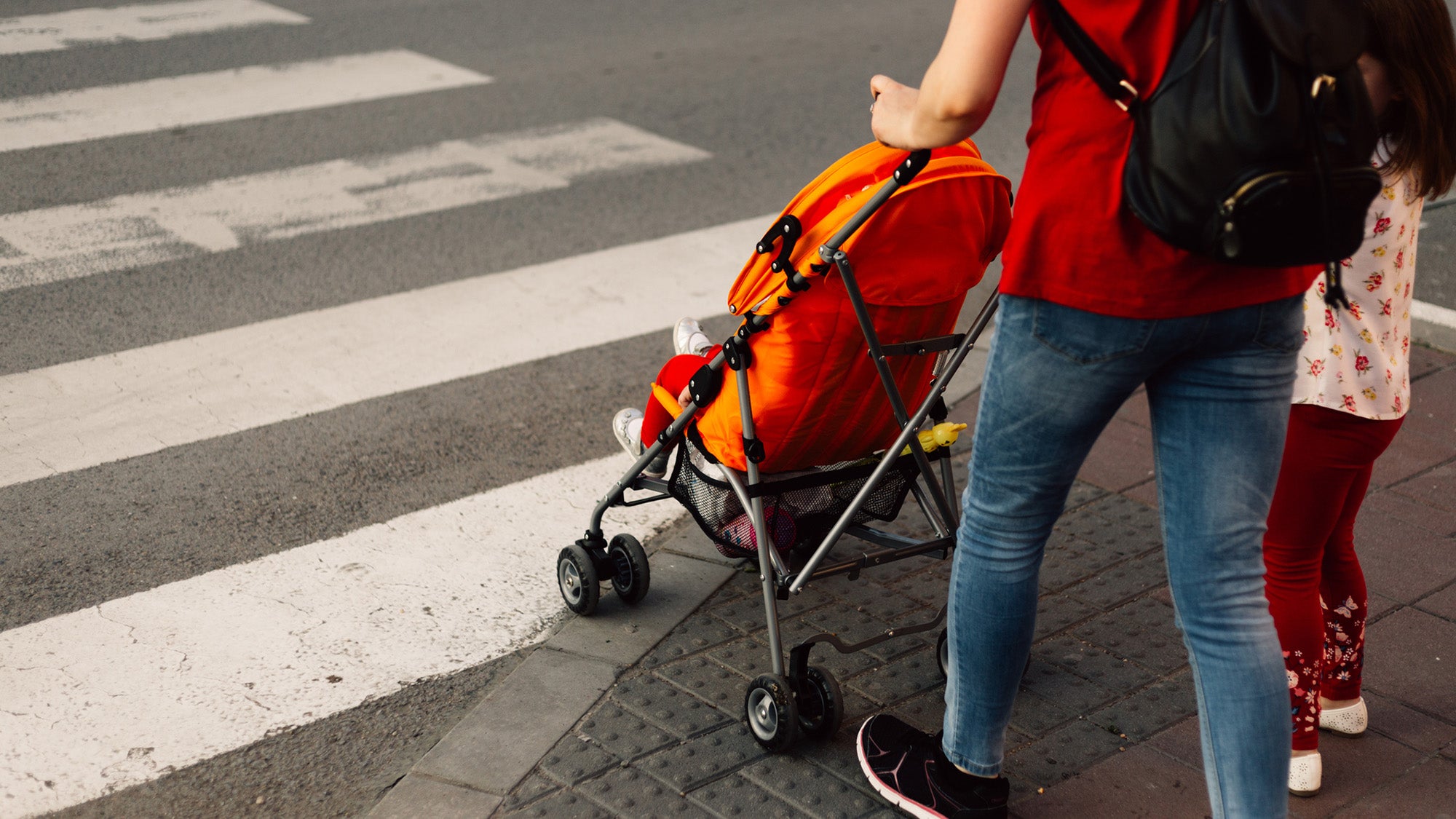Refugee women resettled in disadvantaged neighborhoods may face worse birth outcomes

October 25, 2024—Among refugee women, resettling in a disadvantaged neighborhood was associated with a higher risk of adverse birth outcomes, according to a new study co-authored by Harvard T.H. Chan School of Public Health’s Rita Hamad.
The study was published Oct. 21 in Pediatrics. Hamad, associate professor of social and behavioral sciences and director of the Social Policies for Health Equity Research (SPHERE) Center, was a co-author alongside researchers in Denmark.
Previous research has found that refugee women in high-income countries have a higher risk of adverse birth outcomes than native-born women, but it has been unclear if the neighborhoods where they resettled played a role in those outcomes. For the new study, researchers leveraged a national experiment from Denmark, where incoming refugee women were randomly resettled in neighborhoods with different levels of disadvantage. The researchers used national health records to examine the birth outcomes of these refugee women and the 15,000+ infants they gave birth to, in the context of neighborhood disadvantage. Disadvantage was measured according to neighborhood levels of income, education, unemployment, and welfare assistance. Birth outcomes observed included infants having low birth weight, being born preterm, or being small-for-gestational-age—all conditions that can impact health over the long term.
Refugee women who were initially placed in less socially disadvantaged neighborhoods had better birth outcomes—meaning their infants were born healthier—over the course of the following decades, the study found. Within five years of all of the participants’ resettlement, each standard deviation of increase in neighborhood disadvantage was associated with an 18% higher risk of low birth weight, a 15% higher risk of preterm birth, and a 7% higher risk of small-for-gestational-age infants. These heightened risks persisted even 20 years after resettlement: low birth weight risk was still 11% higher with each standard deviation of increase in neighborhood disadvantage; preterm birth weight, 8%; and small-for-gestational-age infants, 7%.
The study “highlights how policy decisions affecting settlement of refugees can have long-term consequences, including on the health of the next generation,” the researchers wrote.
Hamad added that the study “speaks to the need to invest in immigrants when they first arrive to a country.”
Read the study: Neighborhood Disadvantage and Birth Outcomes Among Refugees
Image: iStock/Visual Generation


